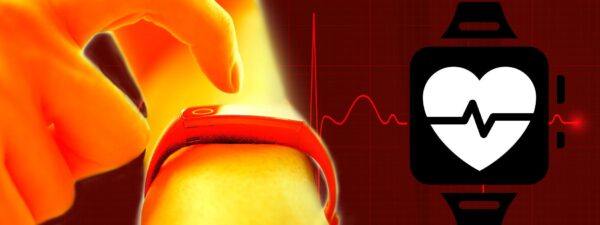GE Ventures and Mayo Clinic launched an independent platform company committed to accelerating access to cell and gene therapies through advanced, cloud-ready software systems and manufacturing services.
Vitruvian Networks will focus on enabling life changing autologous therapies, supporting standards, and developing infrastructure that will expand patient access through expedited discovery, delivery and regulation in the field. Vitruvian Networks is committed to scaling and digitizing cell and gene therapies through cloud ready software systems and designed-for-purpose manufacturing services.
Vitruvian Networks will also partner with therapy producers and serve them by providing a state-of-the-art software and manufacturing platform to bring the “Internet of things” to cell and gene therapies. At scale, the platform will be a network orchestrator for therapeutic companies, with powerful business intelligence and data analytics capabilities.
The two vendors aim to combat cancer and other diseases through advanced software systems and manufacturing services that will expedite patient access to personalized therapies. Cell and gene therapy involve time and resource-intense processes to provide personalized therapies to patients. Efficient and cost-effective solutions are required to expedite the transition of promising and potentially curative therapies from early clinical trials to a portfolio of products that advances medical care.
Vitruvian Networks will use Mayo Clinic’s data related to biomarkers, cell therapy processes and clinical outcomes to guide further development of personalized therapies. The company will also leverage tools from GE Healthcare’s cell therapy business in addition to those of other partners. Vitruvian Networks will access the GE Store – a global exchange of knowledge, technology and tools from across the company – to repurpose analytical capabilities and manufacturing process excellence from business units, such as GE Healthcare, GE Aviation and GE Power.
Analysts have estimated that the healthcare IoT security market was at US$4.74 billion in 2015 and is expected to grow at a CAGR 39.44 percent due to increased connectivity of smart IoT devices with the healthcare organizations for better health management and government support and acknowledgement for IoT security in the healthcare sector.
IoT is intruding on every aspect of human lives, including cars, homes, buildings, offices and even our health. With the IOT benefits and applications, there is a downside attached too. More connected devices means more attack points for the cyber criminals.
Hackers can carry out a malicious activity to take the control of the entire healthcare IoT ecosystem and can cause healthcare information breach. The hacks can also have detrimental consequences on the health of the patients, even causing their deaths. Globally, since the usage of mHealth applications and wearables is continuously increasing, IoT security will play a crucial role in the protection of the big data (health information) collected and communicated from various smart devices to the care givers and patients.
“The highly customized nature of cell and gene therapies shows great promise for patient care, but it also introduces logistical challenges that make mass manufacturing uniquely complex,” says Kieran Murphy, president and CEO, GE Healthcare Life Sciences. “GE’s multiangle approach to driving the innovation in this industry will help to more quickly and efficiently bring cell and gene therapies to the patients who anxiously await them.”




